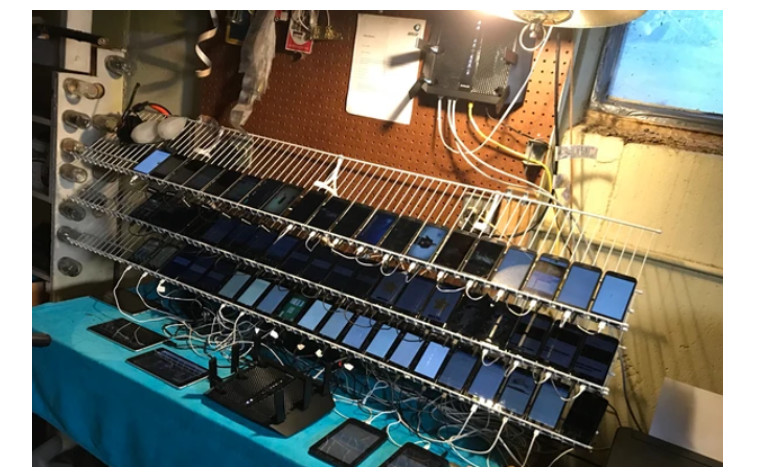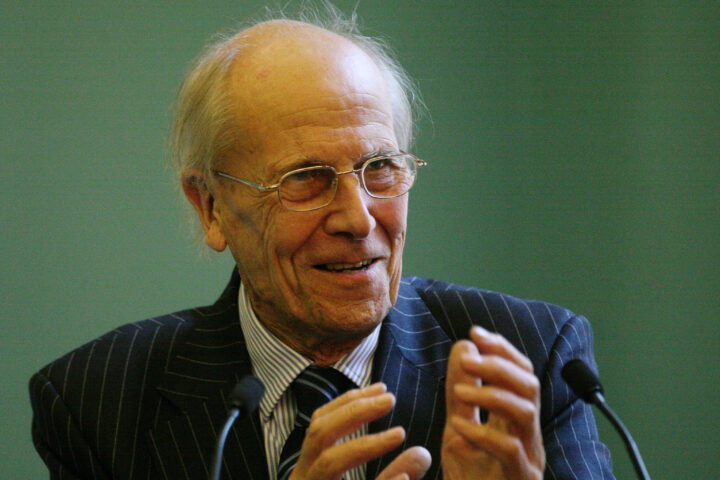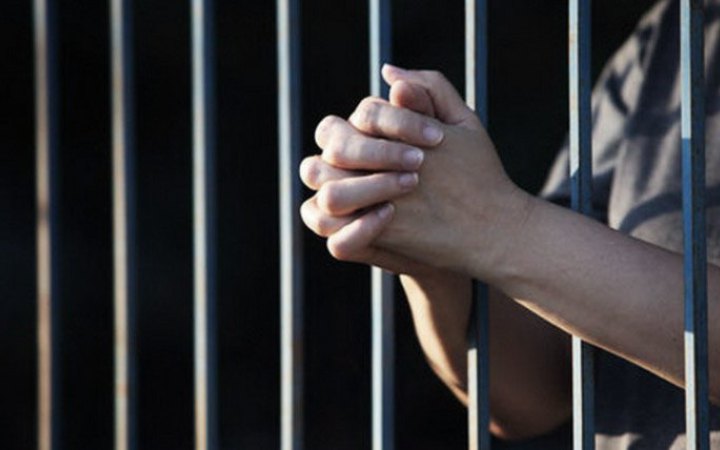Prague, September 28, 2025 — Czech authorities have revealed a network of hundreds of fake TikTok accounts attempting to influence the upcoming parliamentary elections in favour of anti-establishment parties. The investigation comes ahead of elections scheduled for October 3–4, where the opposition ANO party, led by Andrej Babiš, is currently leading in polls.
Artificial amplification of pro-Russian content identified
Experts from the Czech Centre for Online Risk Research discovered nearly 300 interconnected accounts that use coordinated commenting and reposting to artificially boost content to millions of weekly views. These accounts spread pro-Russian narratives, criticise the EU and NATO, justify Russia’s invasion of Ukraine, and promote populist parties such as SPD (“Freedom and Direct Democracy”) and Stačilo! (“Enough!”). The activity shows clear signs of automation, including frequent errors in Czech diacritics and sudden shifts in language and themes, indicating a sophisticated bot network.
Government response and international coordination
The Czech Telecommunications Office (ČTÚ) is in talks with relevant authorities and TikTok to address the situation. The Czech government is also discussing measures with the European Commission. Authorities consider the network a form of a “troll factory” designed to manipulate public opinion and interfere with democratic processes. Such operations echo previous Russian disinformation campaigns targeting elections in other countries through platforms including Facebook, TikTok, Telegram, and X.
Political stakes ahead of elections
Polls suggest that ANO, led by former prime minister Andrej Babiš, may form the next government, potentially with the support of right-wing populist SPD. Babiš has repeatedly criticised high spending on support for Kyiv and the EU’s sanctions against Russia, promising to halt military aid to Ukraine if elected. Analysts warn that such a government could shift Czech policy closer to Russian interests, deepening divisions domestically and undermining Czech alignment with Western allies.
Broader implications for democracy and security
The case highlights the Kremlin’s broader strategy to sow discord in democratic states by boosting anti-Western rhetoric and weakening trust in institutions. Czech officials stress that unchecked disinformation operations risk becoming precedents for even larger interference campaigns. Strengthening cybersecurity and cooperation with social media platforms, alongside coordinated EU action, are seen as critical steps to counter such threats.
Czech authorities’ move reflects growing awareness of how digital platforms like TikTok can be weaponised to influence elections, particularly by targeting younger voters. The unfolding investigation is set to shape both the immediate political contest and longer-term approaches to safeguarding democratic resilience in Europe.














